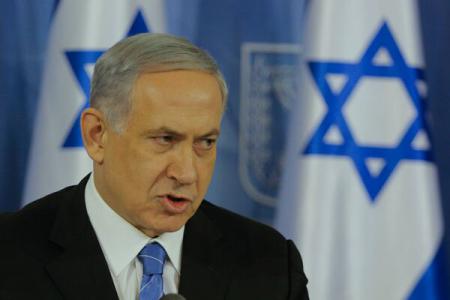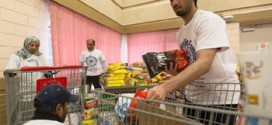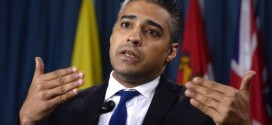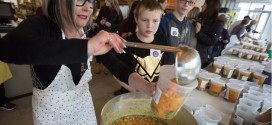
Netanyahu’s recruitment of the Hebdo attack
By Jessica Purkiss - MIDDLE EAST MOINTOR
On Wednesday two gunmen attacked the offices of Charlie Hebdo, the French satirical magazine, killing eight of the publication's journalists, including its chief editor, along with four other people, including a maintenance worker, a visitor and two police officers. Paris is mourning the tragic incident, and condolences have flooded in from across the globe.
Israeli Prime Minister Benjamin Netanyahu offered his condolences to the French president shortly after news of the attack. He stressed that Europe should stand alongside Israel in the fight against "radical Islam". In a meeting with the Norwegian foreign minister on Thursday, Netanyahu stated: "Israel is being attacked by the very same forces that attack Europe. Israel stands with Europe. Europe must stand with Israel."
The goal of Islamic terror "is not agreement or borders or even Israel", Netanyahu said on Wednesday night in response to the attack. "Not mainly Israel and not primarily Israel. The key goal of Islamic terror is to destroy our societies and our countries." In a separate comment he said: "The terrorists want to destroy our freedoms and our civilization therefore all free countries and all the civilized societies have to band together to fight this scourge."
He stressed: "These extremists are part of a global movement and this necessitates a global response." The "terror" of Hamas, Hezbollah, ISIS and Al-Qaeda won't end "unless the West fights it physically, rather than fighting its false arguments."
Netanyahu has repeatedly attempted to widen the threat Hamas and other Palestinian militant factions pose beyond Israel to Western nations in order to garner support. The rise of the Islamic State (ISIS) was capitalised upon by Netanyahu for exactly this; it rallied support as criticism over the summer's relentless bombing of Gaza grew. In an address to the United Nations General Assembly, Netanyahu sought to justify the bombardment, dubbed "Operation Protective Edge", by tying Palestinian militant resistance to ISIS and painting Israel's battle against the resistance groups as a "microcosm of the fight against global jihad".
"ISIS is Hamas and Hamas is ISIS," he said. By uniting Palestinian militant groups such as Hamas with organisations like Al-Qaeda under the umbrella of radical Islamic terrorism, he is hoping to unite Israel with the leaders of the US and Europe.
France voted in favour of a Palestinian resolution at the UN Security Council at the end of December. The resolution demanded an end to the Israeli occupation of the Palestinian territories within three years. In response, Israel summoned its ambassador to Paris. Aside from the resolution, there was also a vote in the French parliament calling on the government to recognise the Palestinian state, as well as the French initiative to formulate a Security Council resolution setting a timetable for an permanent peace treaty with a framework for the negotiations on the core issues such as borders and Jerusalem.
France's vote, and other moves, will have aroused concern in Netanyahu. Israel is embroiled in a battle for public opinion. After "Operation Protective Edge", people and politicians started to question Israel's argument of self-defence in the face of such high Palestinian civilian causalities. Moves within parliaments in various European countries reflected that, even if they were merely symbolic.
Netanyahu will attempt to capitalise on the incident in Paris as much as possible. By pitting states such as France against one global enemy: radical Islam, he is grasping for unity. The vision of this enemy is one which fails to distinguish between Palestinian militants attempting to resist occupation and two gunman not yet affiliated with any group or faction who shot people who worked for a magazine which published cartoons that they presumably found offensive. It is a vision which hankers for an "us" versus "them" or "Islam" versus the "West" mentality, a vision which divides more than it unites.
 The Arab Democrat The Latest From The Arab World
The Arab Democrat The Latest From The Arab World






